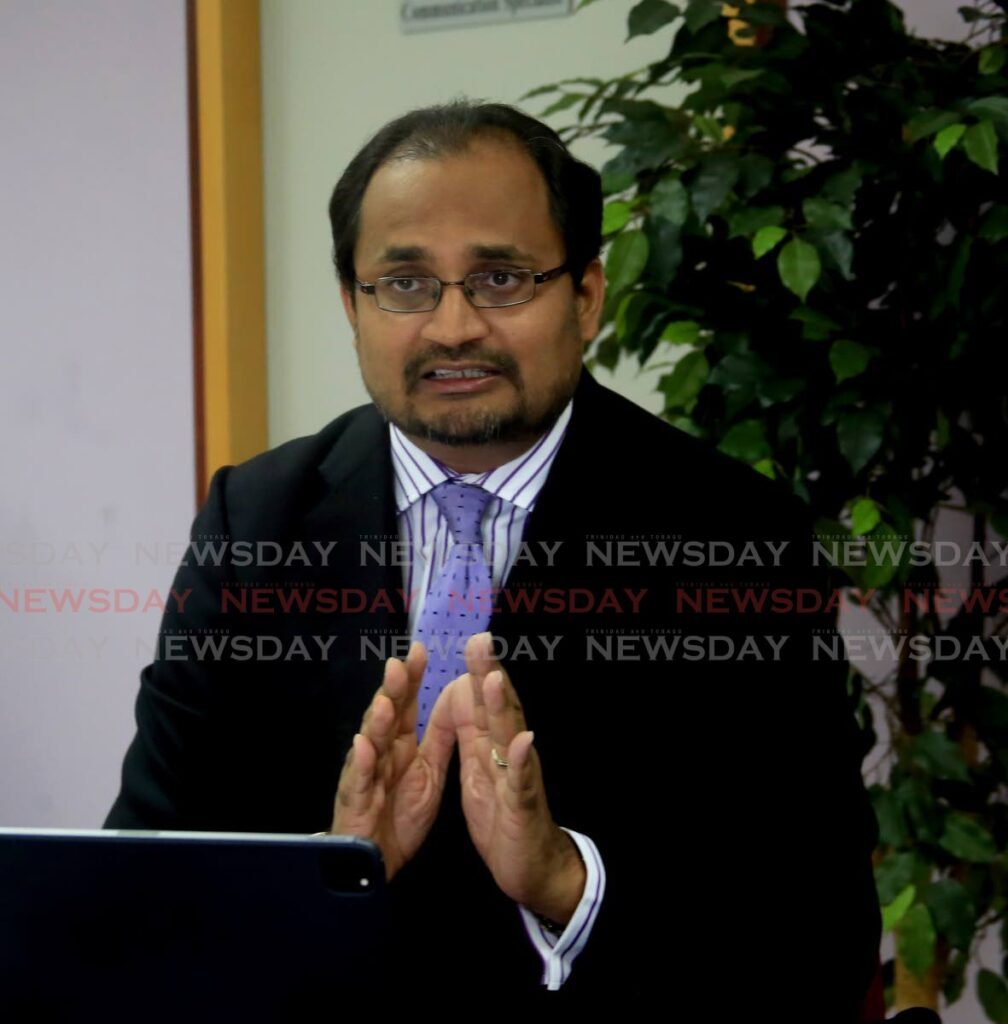The unified republic

THE EDITOR: As our republic celebrates its 48th birthday and we look out at the world around us, fragmentation seems to be the order of the day. At a time when the region, the hemisphere, the globe should be coming together, we are drifting further apart.
In our own small country, the divisions seem to be multiplying. The people who are best placed to bring us together are doing their best to push and keep us apart, usually for naked political gain. The question we should all be contemplating as we celebrate our republic’s anniversary is how can we, as politicians, those charged with the public trust, change this?
Unity is a small word but it presents enormous challenges. We can only be unified by being persuaded, rather than told, that it is in our best interests. Just over a decade ago, Machel Montano and Drupatie Ramgoonai collaborated for a song called Real Unity. This effort reached more people than hundreds of political speeches, statements and posturing by those in authority. Music – good, infectious music – made people forget their hostility and embrace the music and each other.
The reality is, unity can be taught and learned, people can be convinced. But it cannot be dogma, a set of slogans we pull out around election time and conveniently forget once the votes are in. This does far more harm than good – it creates cynicism and apathy among our people. They hear the phrases and see the gestures and immediately turn off.
But there are things we can do as policymakers, as priests, as politicians and teachers, and as business people. We must conceive, fund and produce material events, performances and forums where unity is performed and demonstrated rather than instructed and spoken.
I recognise that this is easy to write. We are a divided country, and we seem to become so more and more every day. Our history is one of division, and so is our present. However, this does not have to be our future. I got into politics to try to make things better, and what I have seen during my last five years is that apart from the all-important election results, there are many other things we can and should be doing.
The things we should be doing start from the granular, individual level, and move up to the institutional level – media, government and business. But we should avoid the flashy “grand gestures” – one mural, or one “cultural show,” or one exhibition. These achieve nothing. Unity, especially in a divided country like ours, requires thought, effort and ongoing active pursuit.
As a politician, I am reluctant to recommend yet another “committee” to plan and execute this. These things are always sought and sucked up by the politically ambitious, and usually achieve very little. However, I would strongly recommend that some convocation (small and comprised of a few capable people) be created or commissioned to come up with a programme to inculcate national unity, and to keep it in the public’s mind.
The deliverables of this enterprise would be thematically similar content for the internet, television, print and live performances – memes, shows, plays, songs, performances. There could be a national competition which starts early in the year and culminates in a series of performances and shows which would run on television, cinema, in print, and at live shows, which would include lectures designed around the theme of unity.
It's not like we have never done this before or can’t do it. A few days ago, a couple’s domestic issue was filmed, made its way onto the internet, and within 24 hours the whole country had heard, seen and “put their mouth” on it. But not only that: within hours songs had been composed, recorded and posted, internet memes, TikToks, and comedy routines had been written, performed and posted, and consumed. One of the parties’ Instagram feed recorded 1.9 million views within 48 hours.
This was a phenomenon. It shows what Trinidadians can do if they are properly motivated and are having fun with their labours. I urge those in power to use this model of mobilisation – collective enthusiasm, not broadcasting bacchanal. We can, as politicians, teachers, priests and business people, help the people of this country by encouraging them to think about unity, and to put their considerable creative skills to making it real.
Countries, republics and states are fragile things, and exist in our minds as well as in territory, flags and buildings. I think we need to firmly fix in our minds the idea of a unified republic, and work from there to make it real.
DINESH RAMBALLY
MP, Chaguanas West

Comments
"The unified republic"